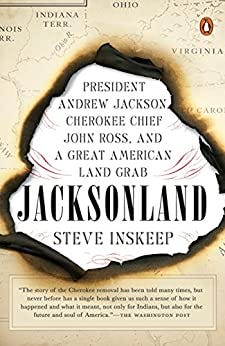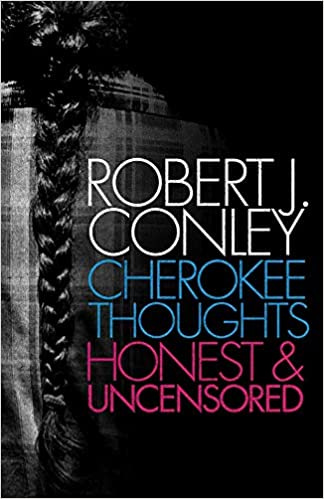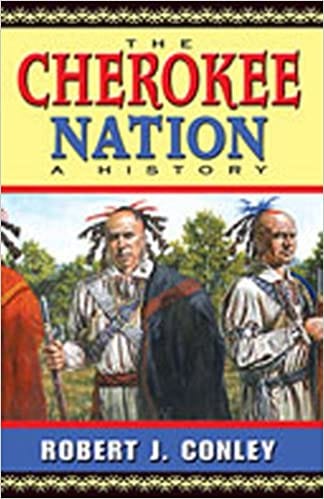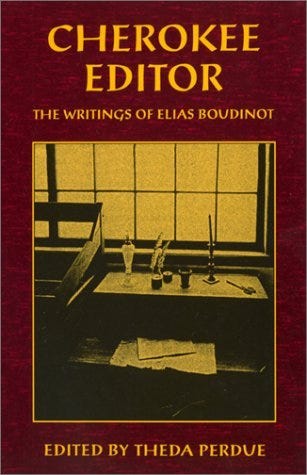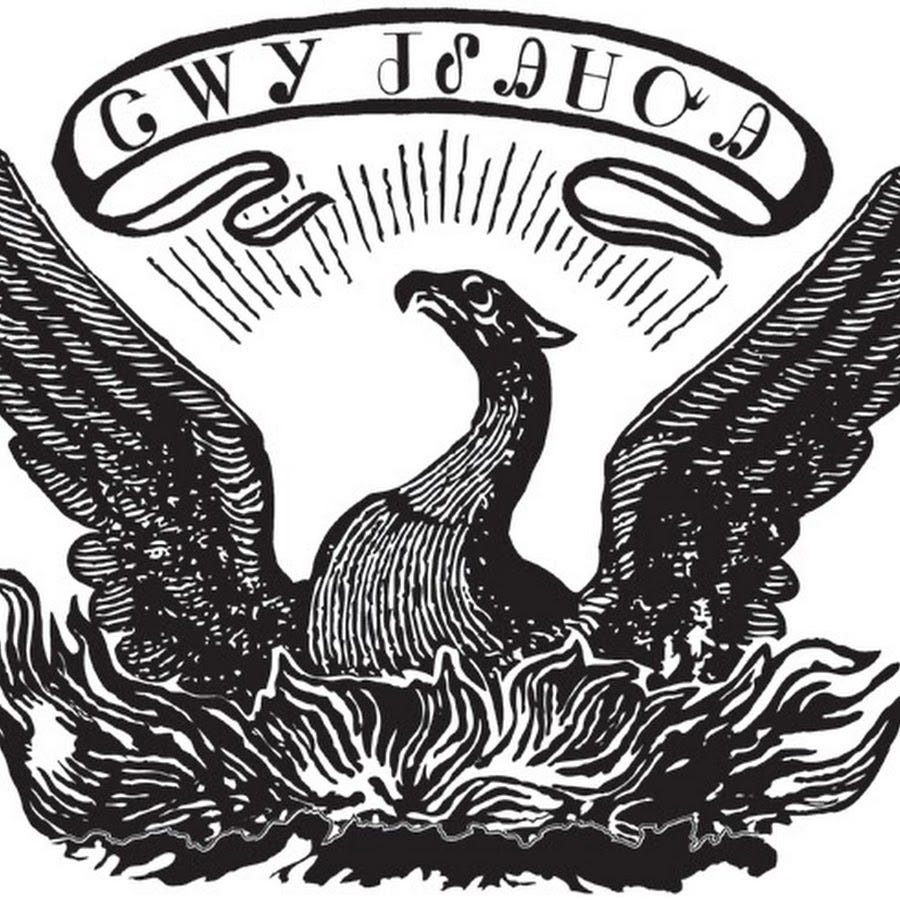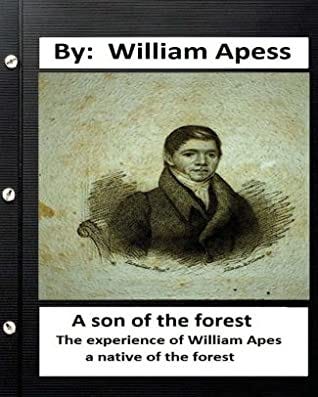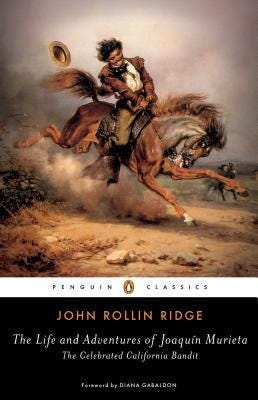My Reading List: 18th and 19th Century Treaties and Culture Clash
A few people have asked if I had any resources regarding the treaties between Native American (or First Nation) nations and the English, French, Spanish, and U.S. Governments. People want to understand what's going on regarding land today from a historica
A few people have asked if I had any resources regarding the treaties between Native American (or First Nation) nations and the English, French, Spanish, and U.S. Governments. People want to understand what's going on regarding land today from a historical context. I am not a historian, but I love to read, so I made this list of books that I found helpful. I also think it's important to study issues from the inside out, and not only from dominant culture looking in. In the words of Dragging Canoe from 1775:
"Whole nations have melted away in our presence like balls of snow before the sun, and have scarcely left their names behind except as imperfectly recorded by their enemies and destroyers."
Let's dive in! The plan is to go from a broad understanding to a more specific area of study (Cherokee Nation, 1700s-1800s), and so get more of a first-hand perspective. This is not an exhaustive list and is mostly based on history because that is my area of study right now. Please remember that Native Nations are very much alive today and that issues over land and culture continue for each Nation. Let us know of more modern resources AND books regarding other nations in the comments!
General, Essential books
There are always more! If you have read some others please leave them in the comments.
First Peoples: A Documentary Survey of American Indian History
I have not read this book, but it was recommended to me as a text book from a person who took a class and found it really helpful in understanding interactions between First Nations and Europeans. I'll let the description take the wheel:
Expertly authored by Colin G. Calloway, First Peoples has been praised for its inclusion of Native American sources and Calloway's concerted effort to weave Native perspectives throughout the narrative. Emphasizing the importance of primary sources, each chapter includes a document project and picture essay organized around important themes in the chapter. This distinctive approach continues to make First Peoples the bestselling and most highly acclaimed text for the American Indian history survey.
The Trail of Tears: The Story of the American Indian Removals 1813-1855 by Gloria Jahoda. This was such a difficult read for me. I discovered some unsavory things about an ancestor of mine, too. The lies, coercion, and deceit found in these pages are generally what they mean when people say that the Government stole land. The people who stood up for the legal and human rights of Native Americans did so with the knowledge that they could lose everything, and still they did it. Could you imagine if more followed their example? I'll just let the Goodreads description speak for this one:
In this poignant and powerful book, Gloria Jahoda makes use of hitherto unpublished sources to relate in unprecedented depth and detail the history of Indian courage in the face of white expansion during the first half of the nineteenth century. She describes the violence, the wars, the meaningless treaties and political double-dealing that spread from Washington to the frontier. She portrays the suffering as thousands of Creeks, Choctaws, Cherokees, Chickasaws, Seminoles, Shawnees, Delawares, Senecas and members of other proud Native American nations perished from cold, hunger and white men's diseases. Here too are the monumental figures of the age, men of greed, hatred, honor and inspiration, including: Andrew Jackson, who created the policy and presided over its ruthless execution Sir St. George Gore, an Irish millionaire who, in slaughtering over 2,000 buffalo, helped speed the demise of the Native Americans newly arrived in the Great American Desert Sam Houston and Davy Crockett, former Indian fighters turned Indian advocates John Ross, the Cherokee statesman who represented his tribe before the United States government and later bitterly led his people out of Georgia Osceola, the brilliant military tactician and Seminole chief who gallantly waged war against Winfield Scott and Zachary Taylor.
Jacksonland: President Andrew Jackson, Cherokee Chief John Ross, and a Great American Land Grab Steve Inskeep follows two influential people through time. Cherokee Principle Chief John Ross and President Andrew Jackson had similar pasts, believe it or not, even going to battle together. But they ended up as opposed to each other as can be. Inskeep details their journeys through war, land dealings, internal and external politics, etc. It has a very detailed explanation of the treaty timelines and how they happened, which is extremely important to understanding why the Cherokee (and others!) hold animosity toward Jackson and the Treaty Party.
The works of James Mooney. James was an ethnographer in the late 1800s and early 1900s living with and interviewing different Nations. As a white person he only saw and heard as much as they allowed him to, and pieced it together based on what he knew/discovered. He threw himself into the work. He got his hands on trunk-fulls and armloads of Cherokee syllabary writings, books of formulas held by healers, and so many more things. In order to cross reference what he says, it can help to get some other sources from the Nations themselves. Conley (below) does just that. I linked to the Mooney Amazon account, but most of his work is out of copyright and available for free over several websites. Look for references to his work from historians.
My list for reading about Cherokee Nation history
This list is always expanding! If you have some excellent sources for this section, or books by and about other nations please drop them in the comments.
One thing to keep in mind while reading sources is the words used synonymously: Cherokee/Tsalagi/Aniyvwiya (or other spelling like Aniyunwiya). Cherokee is the word English speakers applied to the people Aniyvwiya, and is likely a derivative of Tsalagi (the word the Creek Nation applied to them and that is used today in official business). An early, now extinct dialect in the area of first contact did not use the letter "l" and instead used "r". This combined with Tsa=cha and gi=ki could explain the word used in English.
Check out Robert Conley's books
He was such an amazing Cherokee author who lived through times when it was unheard of to cast a Native character in novels. He eventually did both fiction and non fiction.
Here is a comprehensive list of his works:
https://www.bookseriesinorder.com/robert-j-conley/
Of his works I recommend all of the Real People series (simply a translation of their name Aniyvwiya) and the two linked below. The Real People books are an entertaining way to learn about actual people and events from a Cherokee perspective. Each one has old words you might not hear anymore (and current words), depiction of government and social systems, internal views of conflicts between nations, etc.
Cherokee Thoughts: Honest and Uncensored is a collection of essays on history and modern day issues. It covers things like casinos, treaties, humor, naming conventions, literature, and "wannabe Indians." It truly is uncensored, so get ready! I also enjoyed perusing the list of authors he wrote down. I highly recommend this book.
The Cherokee Nation: A History I like learning history from Cherokee authors because they don't (so far) shy away from anything uncomfortable. Conley does use some historic documents from white authors as sources but he has the knowledge to cross reference and figure out what is myth, what is unknown or disputed, and what is possible misinformation handed down from other early authors (like Adair). He'll reference all sources at the end of each chapter. This book brings the reader from the beginning to beyond the days of Wilma Mankiller (Principle Chief in 1985). It has sources for further reading after each topic, which I find awesome.
Right from the primary source and guides to them
It's important to know some context before or alongside jumping into many of the early writings, especially Boudinot or the Ridges. One reason for these two is that they are traitors to the Cherokee Nation. Another is that they at one time advocated assimilation, but it's good to know how their lives shaped those world views.
Being mostly white but getting a clan from his mother, John Ross was in a similar class, so I would say you must dig even deeper than Ross, Boudinot, or Ridge writings to get a picture of average life in the 1700s and 1800s. That is why I suggested Conley's Real People Series.
John Ross Papers from the Gilcrease Museum are a huge collection of seemingly everything this Principal Chief touched. If you know the name of something it might be there. Treaties, letters, notes, orders, newspaper clippings, speeches, etc. This is a great place to get some primary sources. There is no guide for this source, so be very careful! If you are looking at anything signed (or supposed to be signed but was not), be sure to find the amendments as well. I've seen countless poorly researched summaries of the Treaty of New Echota online, and you don't want to fall into that trap. If you find books by or about John Ross, it's great to get that history as well.
To Marry an Indian: The Marriage of Harriett Gold and Elias Boudinot in Letters, 1823-1839 by Harriett Gold Boudinot, Elias Boudinot, Theresa Strouth Gaul (Editor) These are a series of letters between the white woman Harriett Gold (who married Boudinot) and her family members. She defied her entire family and townspeople. Her own brother burned her in effigy and the mission school Boudinot attended eventually floundered. The contents of these letters show just how divisive people got over race and that no amount of assimilation would make society live alongside each other. After reading this book and some of Boudinot's letters, I began to notice his amazing skill for well-placed sarcasm and humor. Interesting stuff.
Cherokee Editor: The Writings of Elias Boudinot by Elias Boudinot (Editor), Theda Perdue I think the above explanation works here too. Boudinot's work went from writing and editing for the Cherokee Phoenix to making political statements against the Principal Chief in order to leave their lands. It's really important to read Perdue's notes after each section, as she explains his words and actions in the context of his life. I wrote a review of this book here.
Cherokee Phoenix. [volume], March 06, 1828 and all other saved and digitized issues are available on the Library of Congress website. This particular issue has the first Cherokee Constitution in scanned image and in text. The Phoenix was the first Native, multilingual newspaper and it was even distributed to countries overseas, creating multinational awareness of the underlying issues here in the states. When the Georgia Guard came through in the mid 1830s, hoping to destroy the Cherokees' ability to inform people of their plight, they dumped all the lead type into a well. This type was discovered many years later. Under a new name, the Phoenix opened up again in Indian Territory after the Trail of Tears.
Works by any of the agents pre-revolutionary war: John Stuart, Alexander Cameron, McDonald, etc. All of these people had to learn customs but more than that, it was their job to keep colonists off Cherokee land. I wouldn't say they were always successful, but they certainly tried. They represented the King, so their knowledge of treaties and land dealings is a whole new set compared to what we have today.
Works by James Adair. He was a trader and Indian agent during one of the most internationally violent centuries pre-world war. The English, French, and Spanish all wanted to control North America (1700s). He set to work on a history of the American Indians, but his writing has been looked down on for the insistence they (or at least the Cherokee) descended from a lost tribe of Israel. I don't know enough ancient history to say anything on that subject.
Other notable writers from history
A Son of the Forest: The Experience of William Apes, A Native of the Forest, Comprising a Notice of the Pequod Tribe of Indians, Written by Himself by William Apess A wonderful instructor recommended this to me with the purpose of explaining identity and I think it does a good job in showing how culture can mold our world views. Note that it is by a Pequod preacher who no longer held traditional views, but his outward identity never changed, which caused him to internalize trauma at the hands of his new family and neighbors. He made astute observations on the contrast in how different groups of people behaved from the time he became an indentured servant until his career as a preacher. After publishing this book, he became more of an activist for the rights of Native peoples. If you can read 1829 text with some verses spotted in, this is an excellent source for its purpose.
The Life and Adventures of Joaquín Murieta: The Celebrated California Bandit by John Rollin Ridge. Careful with this one, haha! Ridge comes with the same warnings as Boudinot. That is why I put their writings at the end, after people get a chance to read some context. Ridge's father signed the Treaty of New Echota and paid with his life. Young Ridge was witness to the killing and this anger shows in his writing. However, it's quite the tale and is the foundation for the character Zoro as seen in other books and movies. He was an editor for newspapers in my general area of Northern California, and this book is quite editorial in victorian style. He has a frankness and bit of well...a "product of his social environment" sort of view that many people might call "product of the times". I wrote a post about this book here.
Alice Callahan, Creek
Sarah Winnemucca, Paiute
George Copway, Ojibwe
Anthology of Native Women writers from the 1800s to early 1900s: https://www.amazon.com/Native-American-Womens-Writing-Anthology/dp/0631205187
Before you go:
As a side note: If you get a chance to buy new books (as opposed to used) from modern Native American authors, I suggest doing so if financially possible. My thought is that the more we can support their honest and hard work, the more voices we will get to see and hear. If it's not financially possible, at least support their work by reviewing and sharing the titles with other people. Check out this list of Native American authors on Goodreads and this list on Open Education Database. I have read several of these and they all held a fresh, much needed perspective. It's nice to also get some fiction in the mix, to offset my more sobering list. Supporting positive stories is a must, and a request from several Cherokee that I know.
My list is limited to what I'm studying right now, but there is so much more! I really want to know more about other Native Nations and their past and present treaties. That is a huge undertaking, but I think it essential in understanding how history has shaped our world today. If you have some books or articles in mind please let us know!
An interesting book with jurisdictional issues that brought about the FBI: Killers of the Flower Moon: The Osage Murders and the Birth of the FBI
Check out this Instagram post with more websites and books, including Cherokee language and cultural resources. https://www.instagram.com/p/CDEu54Wnh3s/?utm_source=ig_web_copy_link



